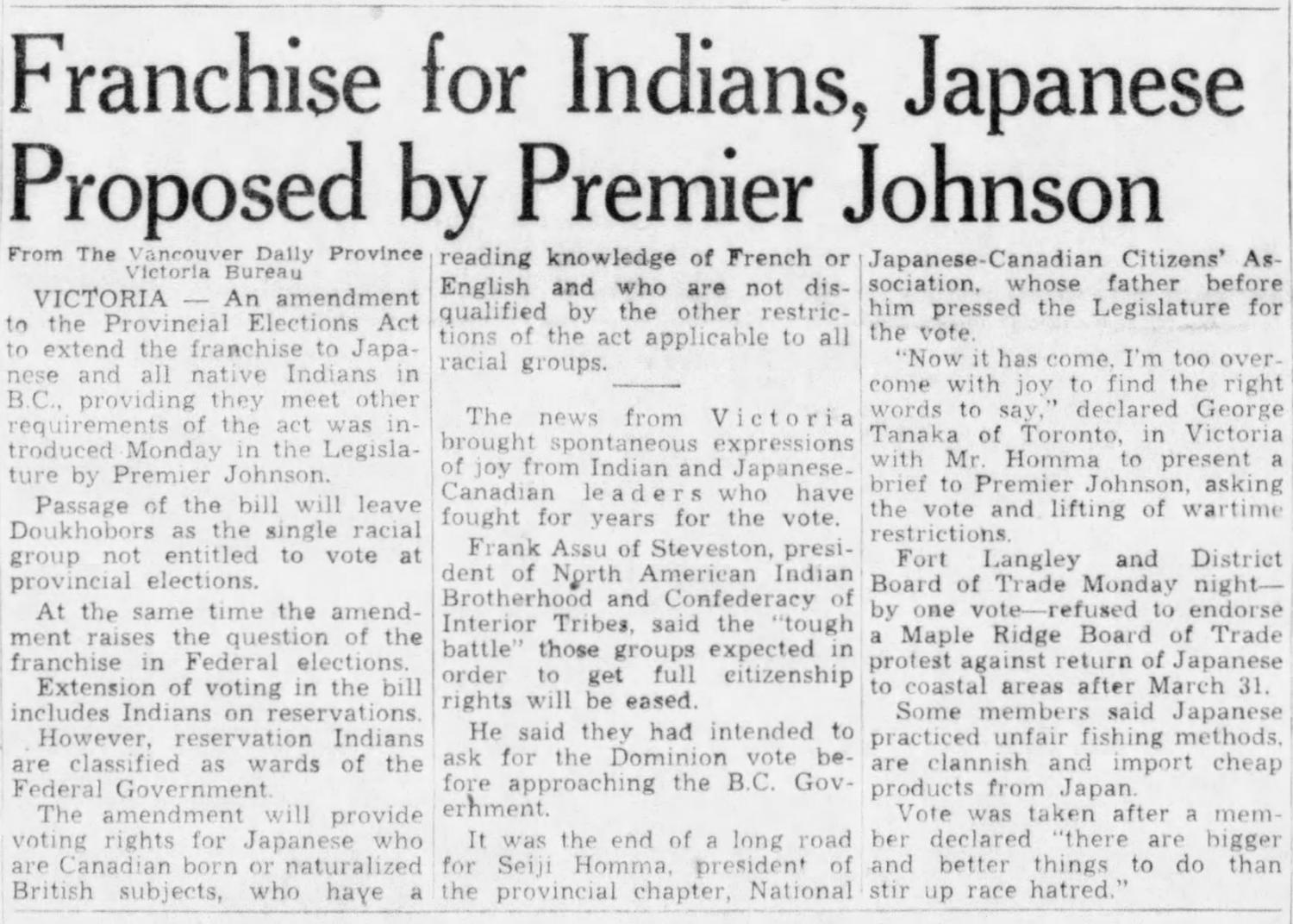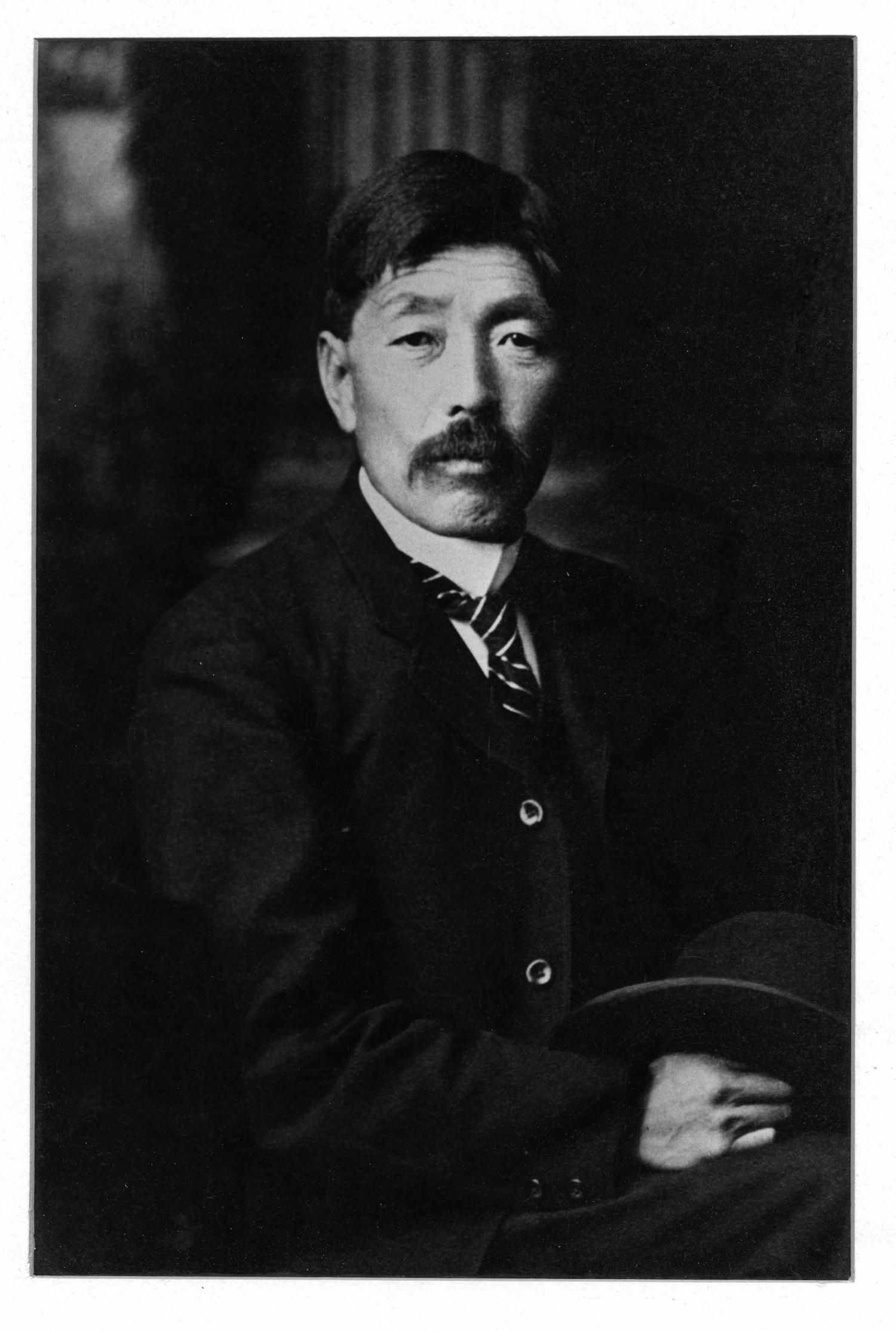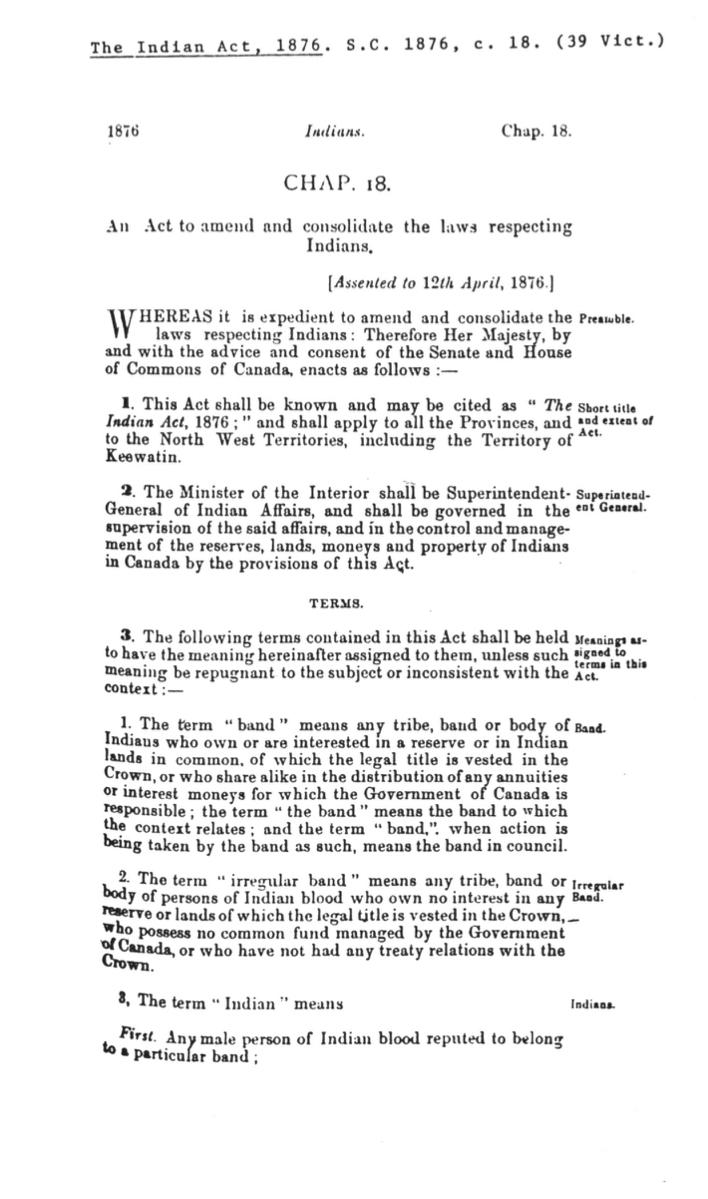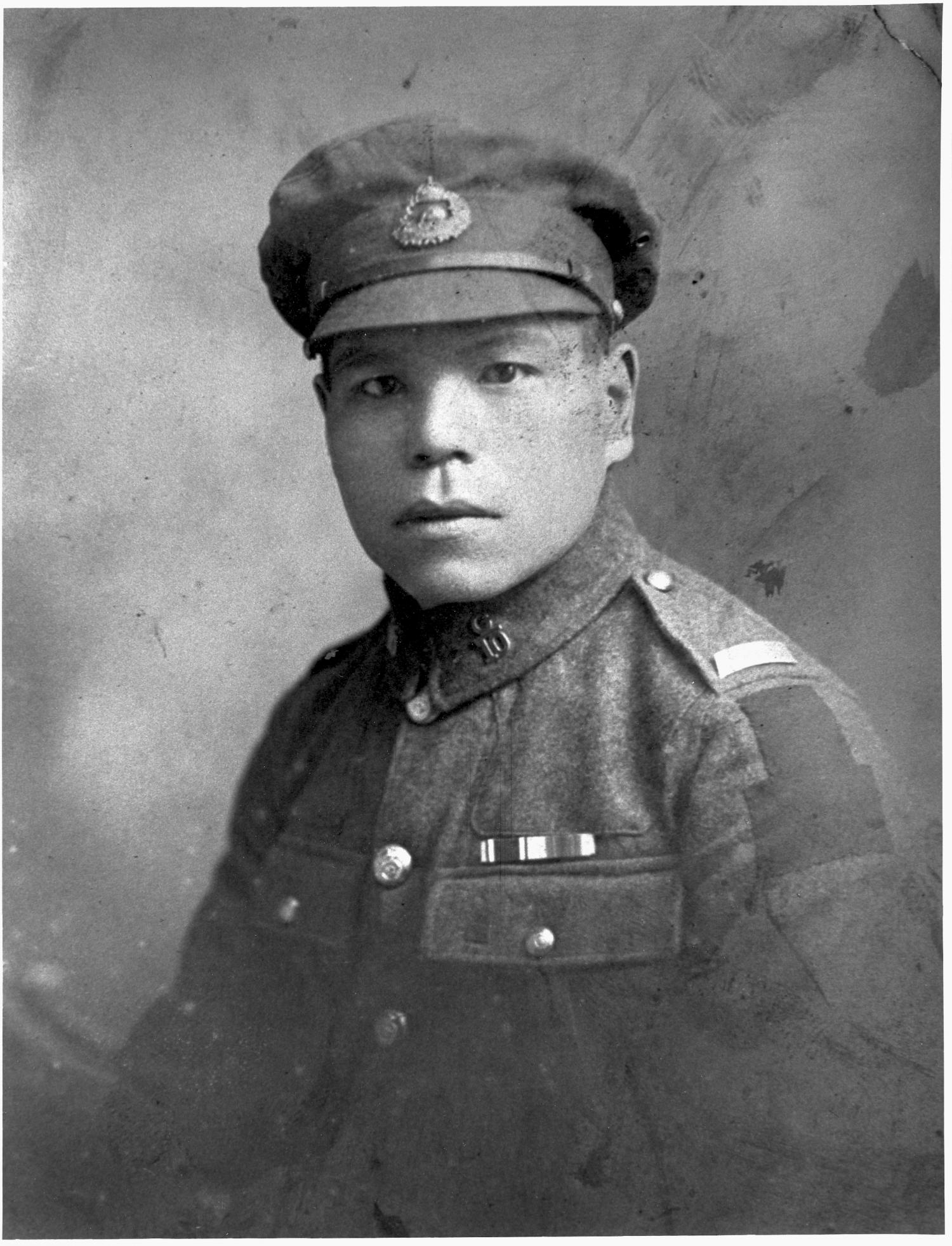The Story of Tomey Homma
B.C. extends franchise to Japanese and Indigenous people
Date: 1949
In 1895, British Columbia added Japanese people to the list of non-white communities denied the right to vote. More than 20 years before, just after B.C. entered Confederation, the province had taken the vote away from Chinese and Indigenous people. But this new infringement of his rights didn’t deter Tomekichi Homma from trying.
In 1900, Homma, a Japanese immigrant and naturalized citizen from the fishing village of Steveston, tried to register to vote. When he was turned down, Homma sued the provincial government. As a citizen, he argued that he deserved to enjoy one of Canada’s most fundamental rights. And though the Vancouver County Court and B.C.’s Supreme Court decided in his favour, the provincial government wouldn’t relent. It took the case to the Judicial Committee of the Privy Council (JCPC) in London, England, then Canada’s highest judicial body. “Even if they exercised the franchise properly, it is intolerable that these foreign races, which can never be assimilated with our population, should in many constituencies determine who shall represent the people in the legislature,” argued D.W. Eberts, B.C.’s attorney general. The JCPC sided with the province. It reversed the lower courts’ decisions and upheld B.C.’s racist electoral rules. Homma and countless others remained second-class citizens. By 1907, South Asian Canadians in B.C. couldn’t vote either.
Fast forward to the early 1930s. The Nisei — second-generation Japanese Canadians — had begun passionately professing their devotion to Canada. They hoped their patriotism might encourage others to finally accept Japanese-Canadians as genuinely Canadian. “We, who claim this Golden West as our birthplace, must strive to become the kind of people Canada really wants: men and women who will live, work and die for Canada,” declared a high school student in a monthly newspaper called The New Age.
These young activists found an ally in the Co-operative Commonwealth Federation (CCF), the precursor to today’s New Democratic Party. Ahead of the 1935 federal election, the CCF called for Asian Canadians to be given the right to vote. But they were but a single voice in mainstream politics. The Liberal Party seized on the CCF’s proposal. “A vote for any CCF candidate is a vote to give the [Chinese] and Japanese the same voting right that you have,” warned Liberal candidates in British Columbia, where most Asian Canadians then lived. The CCF won only three of the province’s 15 seats. Meanwhile, the Liberals returned to power, with more than 80 new seats across Canada, including six in B.C.
The tide eventually turned near the end of World War II, while most of Canada's Japanese population remained imprisoned in camps. The horrors of the war had led many Canadians to reflect on the injustices in their own society. By the war’s end, B.C. had granted Asian and Indigenous soldiers the right to vote, but the rest of their communities remained excluded. After returning from battle, many vets joined civil rights advocates in the push for universal enfranchisement. Slowly, progress was made. In 1947, B.C. extended the vote to Chinese and South Asian people. Finally, in the spring of 1949, Premier Boss Johnson granted Japanese Canadians and Indigenous people a say at the ballot box. But for Homma, enfranchisement came too late. The voting rights pioneer died in an internment camp in 1945.
Sources:
1. Bains, Satwinder Kaur, and Sharanjit Kaur Sandhra. The Battle for the South Asian Right to Vote. British Columbian History, Spring 2019, www.ufv.ca/media/assets/sasi/BCHF-Story-on-the-Vote-(final).pdf.
2. A Brief History of First Nations Voting Rights. Elections Canada, www.elections.ca/content.aspx?section=res&dir=rec%2Fpart%2FAPRC%2Fvot_rights&document=p4&lang=e.
3. The Collector of Voter for the Electoral District of Vancouver City and the Attorney General for the Province of British Columbia v Tomey Homma and the Attorney General for the Dominions of Canada. The Judicial Committee of the Privy Council Decisions, 17 Dec. 1902, www.bailii.org/uk/cases/UKPC/1902/1902_60.html.
4. Crey, Karmen. Enfranchisement. First Nations & Indigenous Studies at the University of British Columbia, indigenousfoundations.arts.ubc.ca/enfranchisement/.
5. Discriminatory Legislation in British Columbia 1872‐1948. Province of British Columbia, www2.gov.bc.ca/assets/gov/british-columbians-our-governments/our-history/historic-places/documents/heritage/chinese-legacy/discriminatory_legislation_in_bc_1872_1948.pdf.
6. Hayakawa, S. Ichiyé. The Japanese Canadian: An Experiment in Citizenship. Dalhousie University, 1936, dalspace.library.dal.ca/bitstream/handle/10222/62278/dalrev_vol16_iss1_pp16_22.pdf?sequence=1&isAllowed=y .
7. Japanese Canadian Soldiers of the First World War and the Fight to Win the Vote. Parks Canada, www.canada.ca/en/parks-canada/news/2016/11/japanese-canadian-soldiers-first-world-fight-vote.html.
8. Kopas, Leslie Clifford. Political Action of the Indians of British Columbia. University of British Columbia, Apr. 1972, open.library.ubc.ca/cIRcle/collections/ubctheses/831/items/1.0101658.
9. Lee, Carol F. The Road to Enfranchisement: Chinese and Japanese in British Columbia. BC Studies, Summer 1976, ojs.library.ubc.ca/index.php/bcstudies/article/download/883/922/.
10. Leslie, John F. Indigenous Suffrage. The Canadian Encyclopedia, 7 Apr. 2016, www.thecanadianencyclopedia.ca/en/article/indigenous-suffrage.
11. Price, John, and Grace Eiko Thomson. Remembering B.C. Civil Rights Leader Tomekichi Homma. The Georgia Straight, 8 Dec. 2017, www.straight.com/news/1006111/john-price-and-grace-eiko-thomson-remembering-bc-civil-rights-leader-tomekichi-homma.
12. “The Road to Reconciliation.” Indian Residential Schools and Reconciliation, First Nations Education Steering Committee and First Nations School Association of British Columbia, 2015, www.fnesc.ca/wp/wp-content/uploads/2015/07/IRSR10-BM11-background.pdf.
13. Sheffield, R. Scott. “Status Indians and Military Service in the World Wars.” Canadian History: Post-Confederation, B.C. Open Textbook Project, opentextbc.ca/postconfederation/chapter/6-12-status-indians-and-military-service-in-the-world-wars/.





